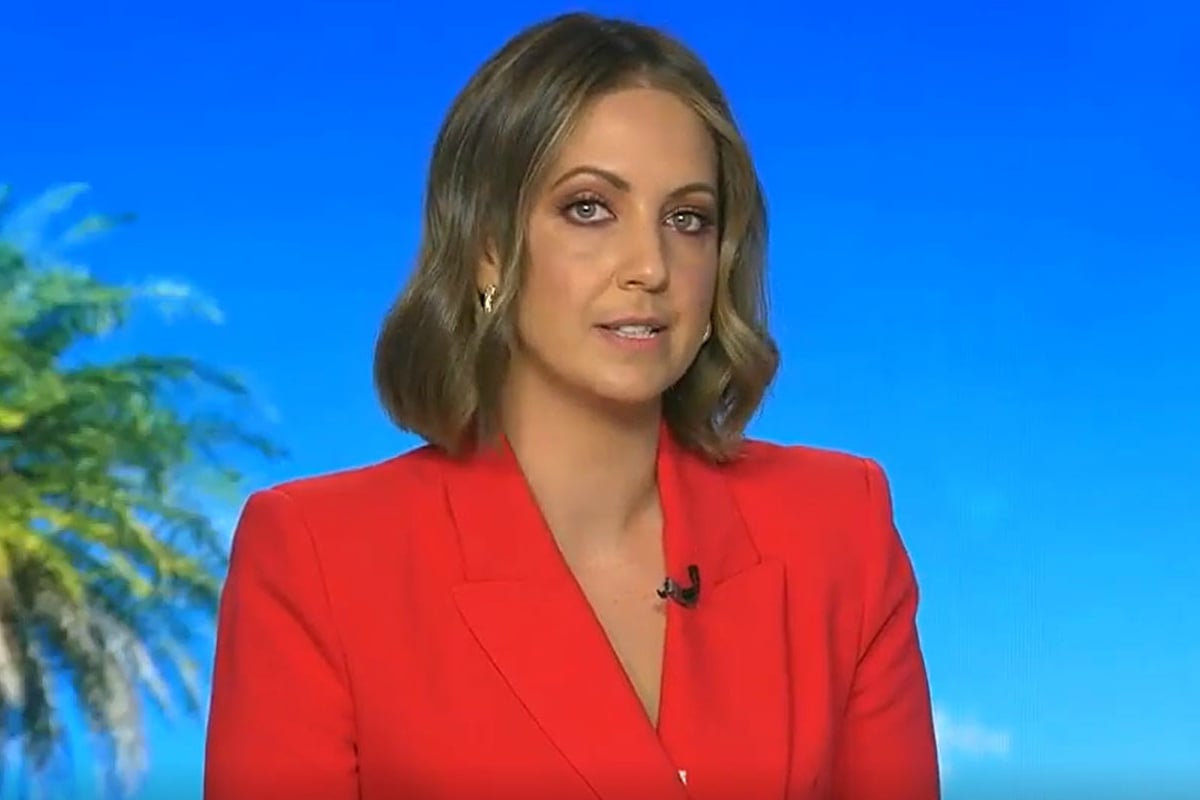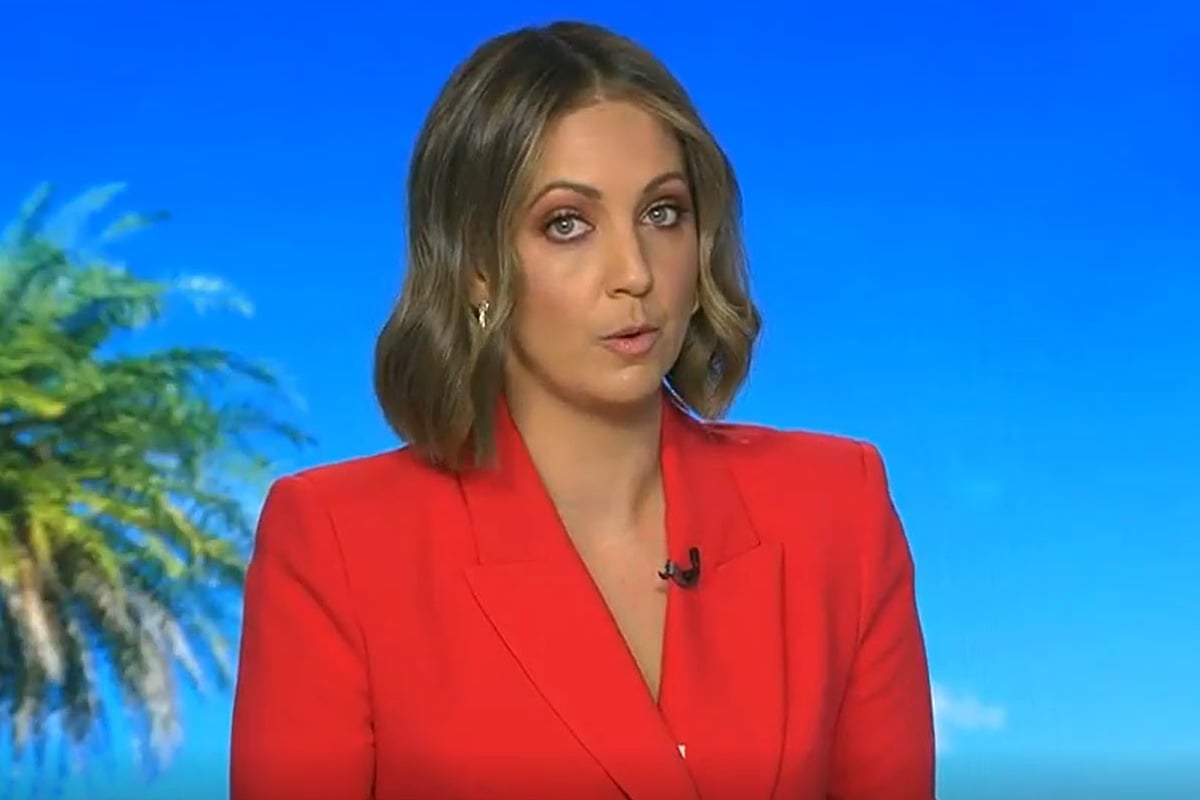
Brooke Boney has spoken about her fear during an incident where her grandfather was taken away by police at a football game.
Today show entertainment reporter and Gamilaroi/Gomeroi woman Boney, and Nine News sports reporter and Kamilaroi man Jake Duke, appeared on the Today show to discuss the footage of a NSW police officer kicking the feet out from under an Indigenous teenager during an arrest on Monday.
It comes as Australians rally against racial injustice and police brutality, following week-long protests and riots across the United States in response to the death of George Floyd, an unarmed black man who died after a white police officer held a knee to his neck while Floyd called out for breath.
Brooke Boney recalls her fear during an experience with police on the Today show. Post continue below video.
Video of the Sydney teen’s arrest shows the teen telling a police officer; “I’ll crack you in the f***ing jaw bro” before he is thrown to the ground.
The officer can be seen kicking his feet out from under him, with the teenager falling face first onto the ground, where he is knelt on and handcuffed.
A bystander can be heard yelling, “You just slammed him on his face. He’s in pain”.
NSW Police are investigating the incident.





























































































